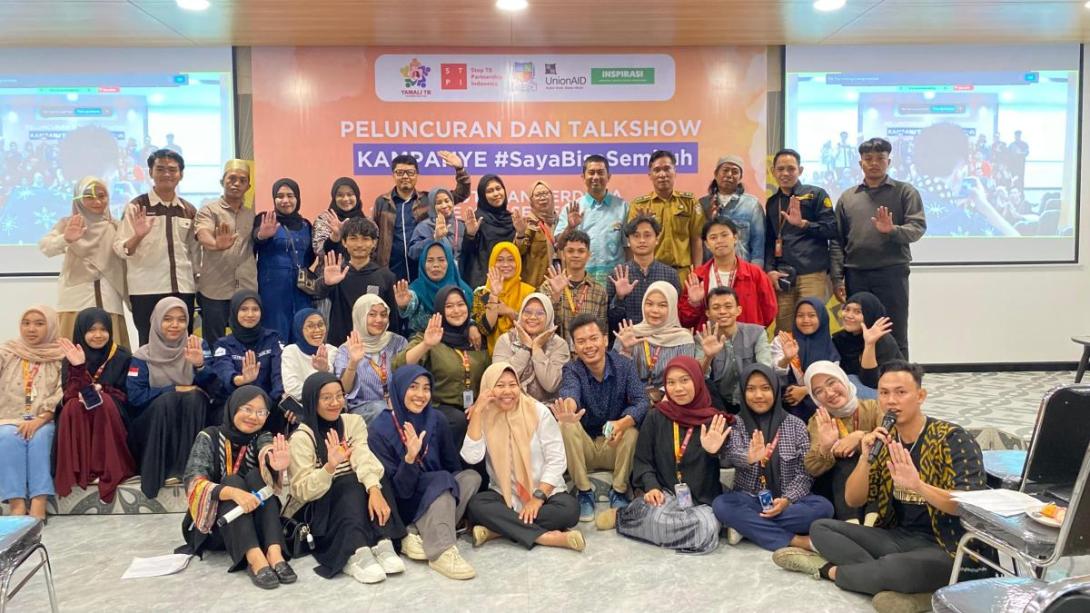
“This project helped families understand that healing isn’t just about medicine—it’s about being seen, supported, and believed.”
The overall goal of the project is to improve treatment adherence in people with TB through family support networks with a focus on treatment education, mental health, and economic empowerment
Main Objectives:
- Improve mental health and emotional well-being of TB patients to support treatment adherence through family support networks
- Enhance the economic stability of TB patients and their families to reduce financial barriers to treatment adherence
- Increase awareness of TB disease in the community through the establishment of family support networks
Fajar’s project addressed the complex barriers to tuberculosis (TB) treatment adherence in Makassar by establishing a holistic family and community support network. The project targeted three key challenges: mental health, financial hardship, and stigma—factors that often hinder TB patients from completing their treatment. By engaging TB patients, families, survivors, healthcare workers, and mental health professionals, the initiative created an inclusive support system that combined treatment education, psychosocial assistance, and economic empowerment.

Key activities included the project launch and socialization for TB cadres, the formation of a support networkinvolving healthcare workers, survivors, families, and mental health counselors, and mental health screening using the WHO SRQ-20 tool. Although delays occurred due to low numbers of confirmed TB patients, the project successfully screened 30 individuals, identifying 11 with mental health disorders. The campaign #SayaBisaSembuh (I Can Be Cured) was launched both online and offline to reduce stigma, share survivor stories, and promote treatment continuation. Additionally, the “Knitting Hope” economic empowerment initiative provided training for patients and their families to generate income through handcrafts.
Despite delays and challenges in participant recruitment, the project achieved significant reach and impact. Collaborations with mental health NGOs, youth organizations, and social enterprises helped improve project delivery and broaden awareness. TB survivors played a key role in education and advocacy, making the campaign more relatable and effective. Lessons learned included the importance of adaptability, trust-building, and multisectoral collaboration in health-centered community development.

